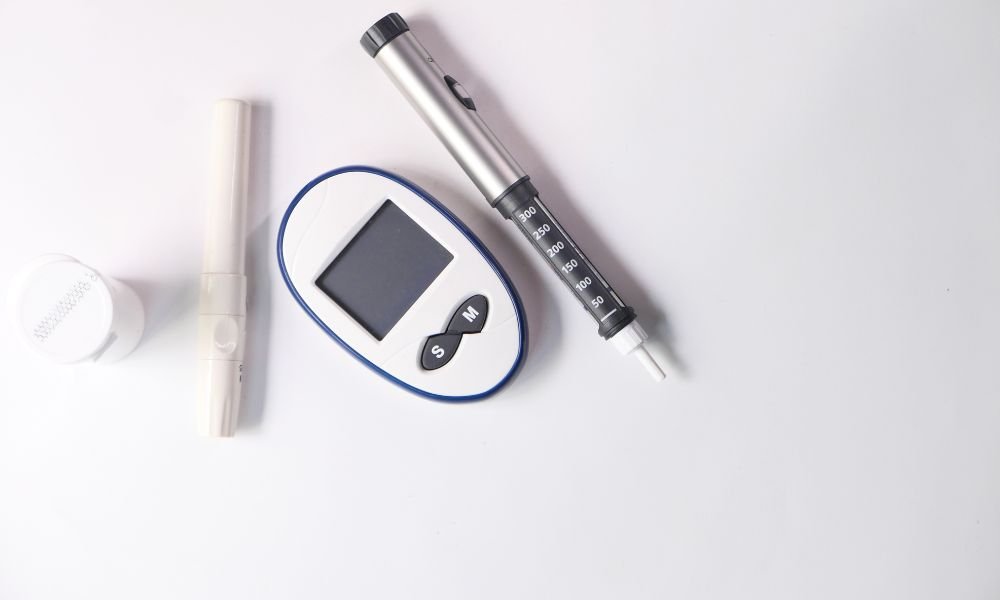Introduction:
Diabetes is a chronic metabolic disorder that affects millions of people worldwide. It is characterized by high blood sugar levels, either due to inadequate insulin production or the body’s inability to use insulin effectively. In this article, we will explore the causes, treatment options, and prevention strategies for diabetes, shedding light on this prevalent condition.
Types of Diabetes:
There are two main types of diabetes: type 1 and type 2.
Type 1 Diabetes: Type 1 diabetes, also known as insulin-dependent diabetes, is an autoimmune condition where the body’s immune system mistakenly attacks and destroys insulin-producing cells in the pancreas. People with type 1 diabetes require insulin injections or an insulin pump to manage their blood sugar levels effectively. It usually develops in childhood or early adulthood and accounts for about 10% of all diabetes cases.
Type 2 Diabetes: Type 2 diabetes, the most common form of diabetes, occurs when the body becomes resistant to the effects of insulin, or when the pancreas fails to produce enough insulin to meet the body’s demands. This type is often associated with lifestyle factors such as obesity, physical inactivity, and poor dietary choices. Type 2 diabetes can often be managed with lifestyle modifications, including a healthy diet, regular exercise, weight loss, and sometimes oral medication or insulin.
Causes of Diabetes:
Type 1 diabetes is thought to be primarily caused by genetic and autoimmune factors, although the exact triggers are not yet fully understood. Type 2 diabetes, on the other hand, is strongly influenced by lifestyle factors and genetics. Obesity, sedentary lifestyle, poor diet, and family history of diabetes are all known risk factors for developing type 2 diabetes.
Treatment Options:
The treatment approach for diabetes varies depending on the type and severity of the condition.
Type 1 Diabetes Treatment: People with type 1 diabetes require lifelong insulin therapy to regulate their blood sugar levels effectively. This may involve multiple daily injections or the use of an insulin pump. Regular monitoring of blood sugar levels, a healthy diet, and regular physical activity are also essential for managing type 1 diabetes.
Type 2 Diabetes Treatment: For individuals with type 2 diabetes, lifestyle modifications play a crucial role in management. A well-balanced diet rich in whole foods, including fruits, vegetables, lean proteins, and whole grains, is recommended. Regular exercise helps improve insulin sensitivity and can aid in weight loss. Medications such as metformin may be prescribed to lower blood sugar levels. In some cases, insulin therapy may be necessary.
Prevention Strategies:
Preventing or delaying the onset of type 2 diabetes is possible through lifestyle changes:
- Healthy Eating: Focus on a diet high in fiber, whole foods, and low in processed sugars and refined carbohydrates. Avoid sugary beverages and opt for water or unsweetened drinks instead.
- Regular Physical Activity: Engage in moderate-intensity exercise for at least 150 minutes per week. This can include brisk walking, jogging, cycling, or any activity that increases your heart rate.
- Weight Management: Maintain a healthy weight or lose weight if overweight. Even a modest weight loss of 5-10% can significantly reduce the risk of developing type 2 diabetes.
- Avoid Smoking: Smoking increases the risk of various health conditions, including diabetes. Quitting smoking improves overall health and reduces the risk of complications.
- Regular Check-ups: Regular medical check-ups can help detect prediabetes or diabetes early, allowing for timely intervention and management.
Conclusion:
Diabetes is a chronic condition that requires careful management. Understanding the different types, causes, and treatment options empowers individuals to take control of their health. By making lifestyle changes and adhering to prescribed treatments, people with diabetes can live fulfilling lives while minimizing the risk of complications. Prevention through healthy habits is key to reducing the global burden of diabetes.

